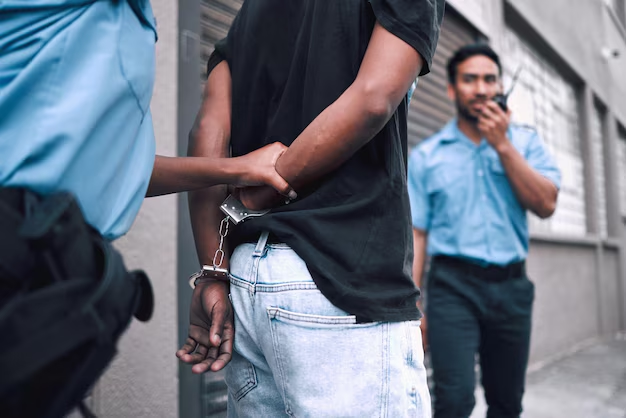What You Need to Know About Fines for Renting an Illegal Apartment
Navigating the complexities of rental housing can be daunting, especially when unclear legalities can lead to significant financial impacts. Renting or leasing an illegal apartment can bring about severe consequences, and understanding these penalties can help both landlords and tenants avoid future predicaments.
What Constitutes an Illegal Apartment?
Illegal apartments typically refer to living spaces that haven't been approved for residential occupancy by local housing authorities. These could include converted basements, attics, or garages that fail to meet safety, zoning, or building code requirements. While they often attract tenants with lower rents, they bring along hidden risks.
Financial Penalties for Illegal Apartments
The fines for renting an illegal apartment vary widely depending on the location and specific violations involved. On average, landlords could face:
- Hefty Fines: Penalties can range anywhere from $1,000 to $15,000 per day, per violation.
- Court Costs: Legal battles can incur additional costs if the tenant decides to sue for damages or return of rent paid.
- Compliance Costs: Landlords may also be mandated to conform the space to code, which could involve substantial renovations or demolition.
It's crucial for both landlords and tenants to verify the legality of a lease to avoid these financial burdens.
Avoiding Pitfalls and Seeking Aid
While perfectly legal in looking for lower rent, tenants should research and confirm a property’s status. If you find yourself stuck in an illegal rental situation, understanding your options for assistance can lighten the load.
Exploring Financial Assistance and Solutions
For those impacted by illegal rental practices, there are numerous financial aid programs and options available:
Government Aid Programs
- Emergency Rental Assistance: Many states offer programs to help tenants struggling with rental payments. Assistance can cover rent, utilities, and even relocation costs if you have to move out of an illegal space.
- Local Housing Authorities: They often provide guidance and support for those needing alternative housing while taking legal action against landlords.
Credit and Debt Solutions
- Debt Relief Options: Seeking professional advice on managing debt that might arise from illegal renting costs is wise. Debt solutions like consolidation or negotiation can alleviate financial strain.
- Credit Counseling: Nonprofits offer free or low-cost counseling to help manage finances better in such situations.
Educational Opportunities
- Tenant Education Workshops: Learn your rights and responsibilities as a tenant through workshops offered by local community centers.
If you're caught in a financial bind due to an illegal apartment situation, these resources can provide critical support and advice.
At a Glance: Resources for Those Impacted by Illegal Rentals
- 🏠 Emergency Rental Assistance: Seek immediate help for back rent and relocation costs.
- 📊 Debt Relief Programs: Consider debt consolidation or settlement solutions.
- 📚 Tenant Rights Workshops: Educate yourself on legal rights through local workshops.
- 📈 Credit Counseling Services: Get professional help to manage your finances effectively.
- 🏢 Local Housing Authority Support: Leverage their services for guidance and relocation assistance.
Understanding your rights and available resources can significantly ease the stress and financial burden for both tenants and landlords entangled in illegal rental issues. Stay informed, stay cautious, and seek assistance when necessary!

